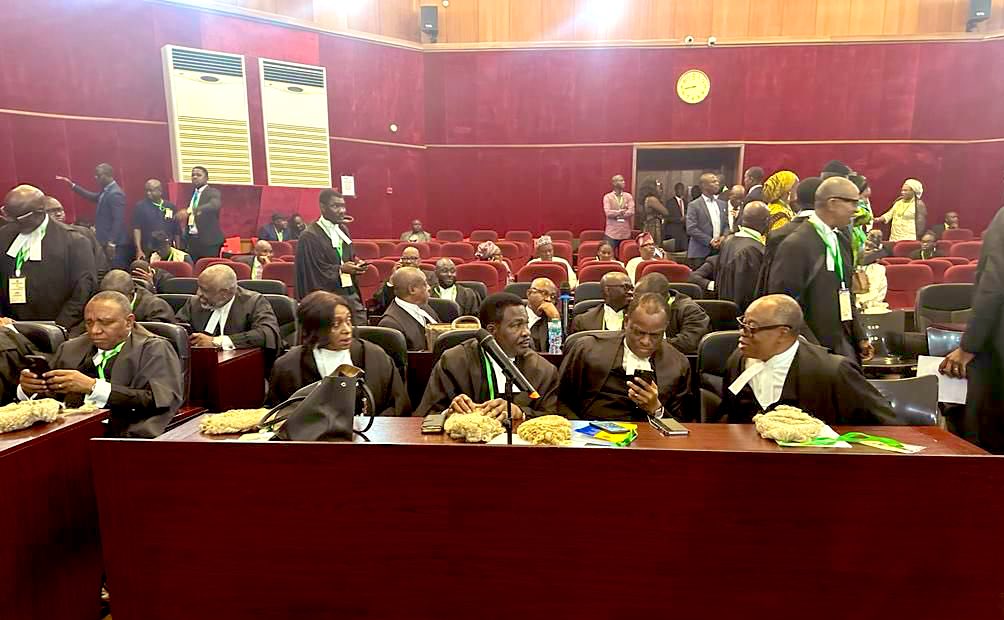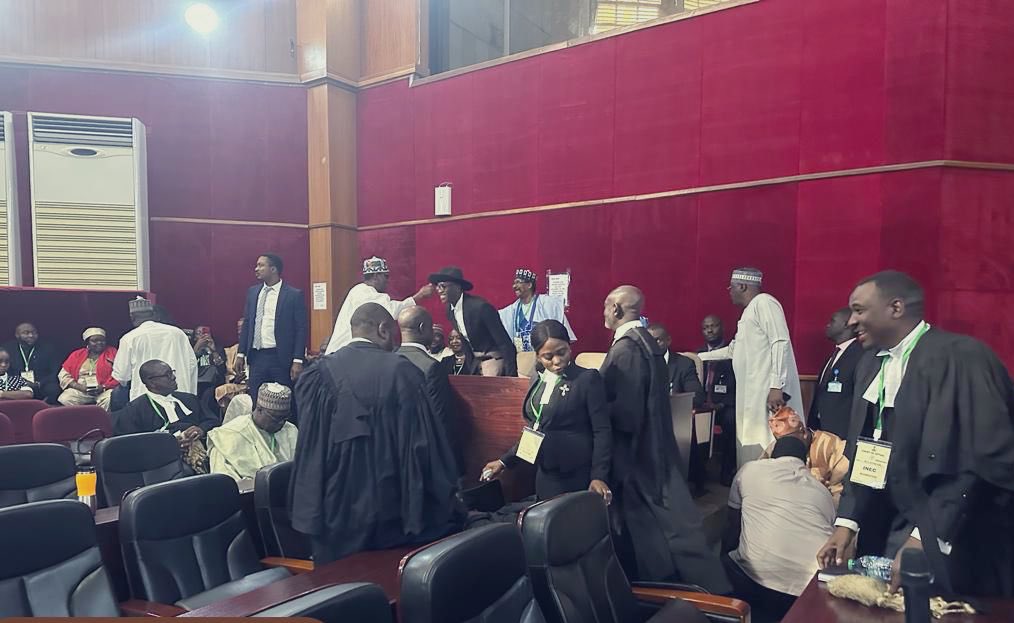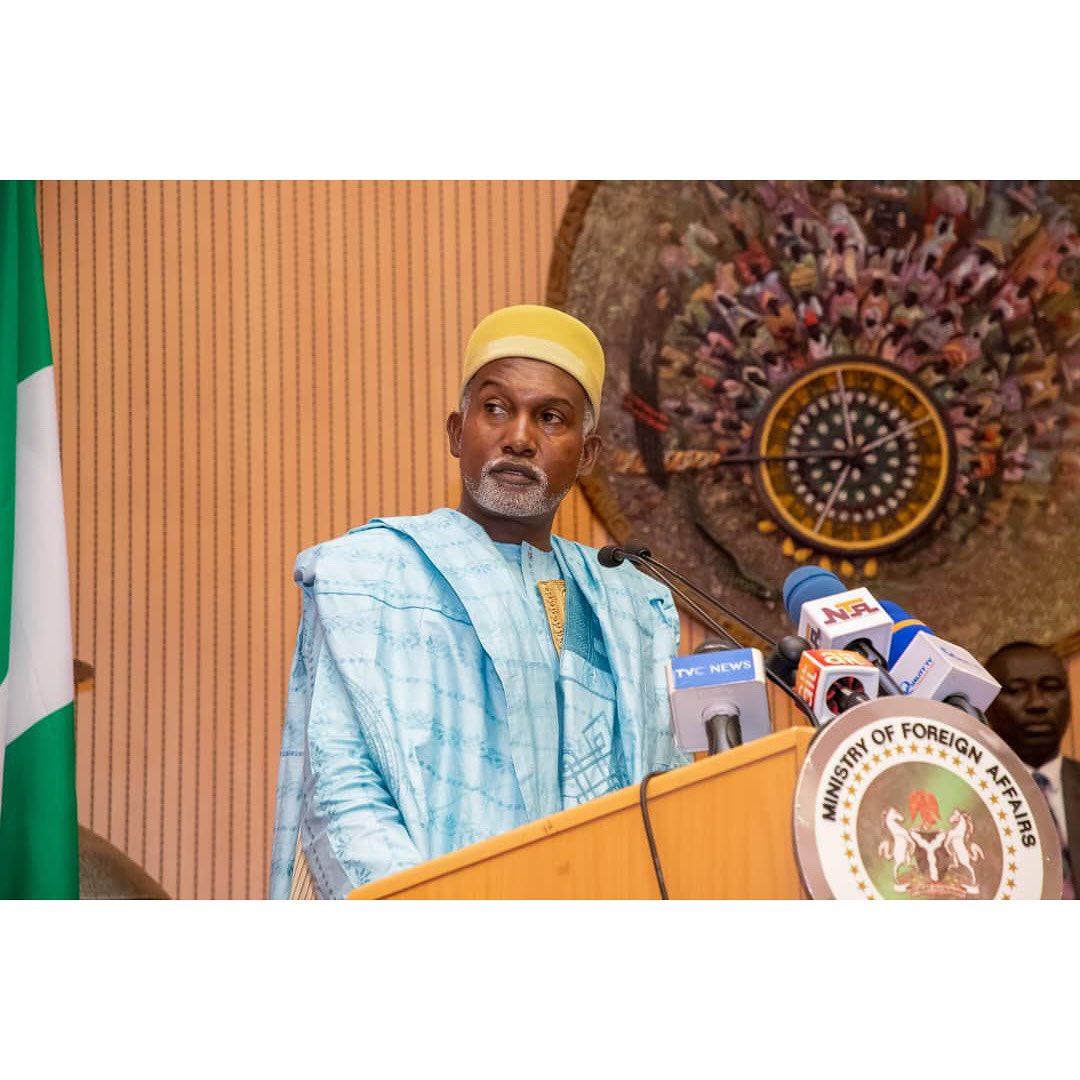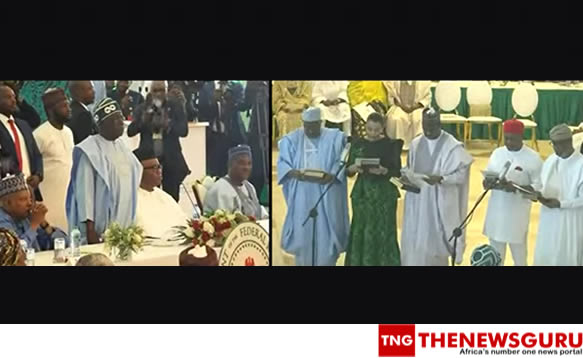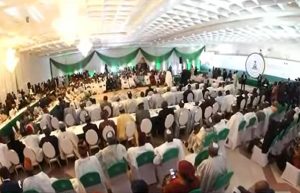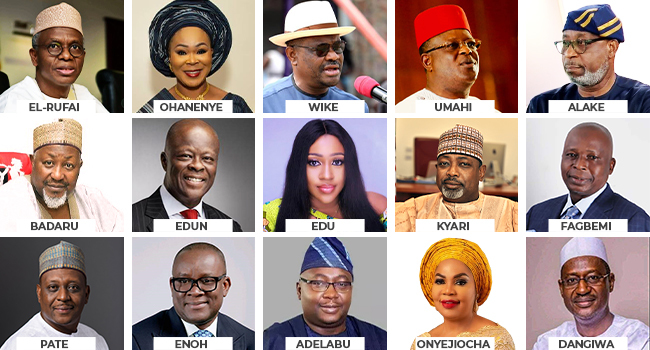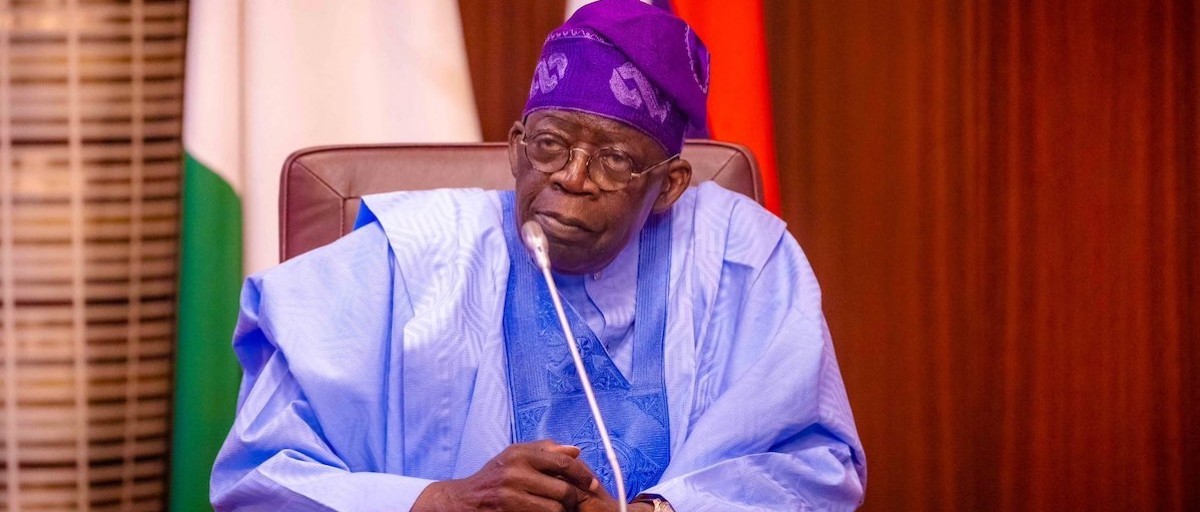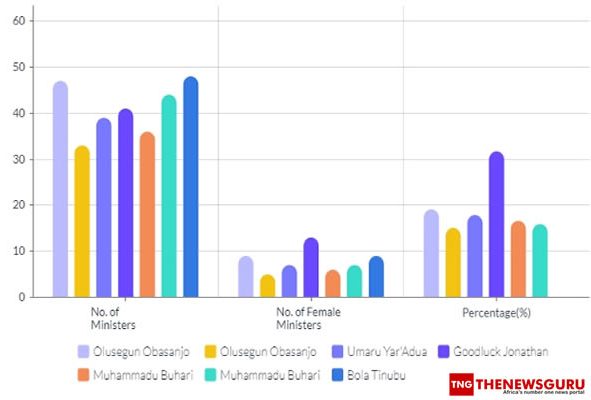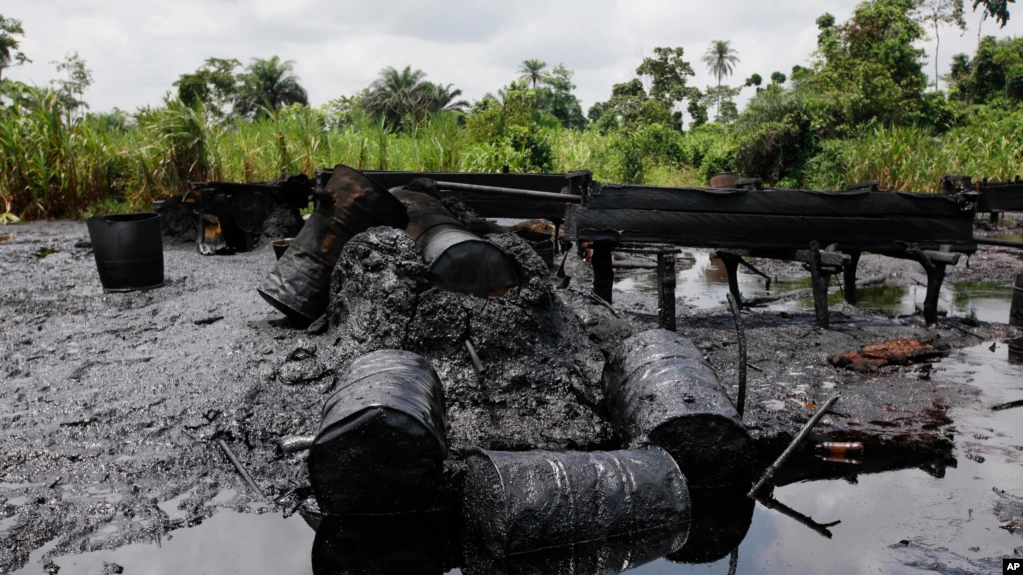Ahead of a formal swearing-in ceremony for President Bola Tinubu’s team of ministers designate scheduled for next Monday, the much-anticipated allocation of portfolios was released Wednesday, revealing a tapestry of expertise, political calculations and national security considerations.
TheNewsGuru.com (TNG) reports that over a week ago, a total of 48 Ministerial nominees, including nine females and 39 males, underwent successful screening by the Senate.
Among these nominees, 45 received the approval of the legislators, while the remaining three are currently awaiting security clearance from the State Security Service.
One of the individuals awaiting security clearance is the former Governor of Kaduna State, Nasir El-Rufai, who has officially withdrawn his interest in being a part of President Tinubu’s cabinet, but has expressed his commitment to continue contributing to the development of Nigeria, albeit as a private citizen.
Strategic Allocation of Key Portfolios
The designation of former Rivers Governor Nyesom Wike, as the Minister of the Federal Capital Territory (FCT) has captured the attention of Nigerians, particularly those who witnessed the infrastructural transformation of Rivers State during his administration, leading to high hopes that he will replicate his success at the national level.
Similarly, Wale Edun’s appointment as Minister of Finance and Coordinating Minister of the Economy has been hailed given his background in economics and finance, which positions him to navigate the complex challenges posed by Nigeria’s economic landscape.
The naming of a former Governor of Jigawa state Mohammed Badaru, as the Minister of Defence has ignited a range of responses from various quarters.
While some individuals have raised questions about President Tinubu’s decision to appoint a civilian to oversee the service chiefs, others have noted that similar appointments of civilians have occurred in the past.
Sharing his thoughts on the development, a former senator from Kaduna state Shehu Sani, said: “In view of the security challenges faced by this country, I thought the Defence Minister should be a retired Military officer with experience and records of accomplishments. That office shouldn’t be just political especially at this time”.
However, Retired Air Vice Marshall Gbolahan Adekunle, noted that Nigeria’s first Minister of Defence after independence in the person of Muhammadu Ribadu was a civilian with no military experience, adding that iw was too early to criticise the Tinubu administration.
Badaru’s background as an alumnus of the National Institute for Policy and Strategic Studies may also suggest a shift in the administrative structure of the military and present a unique opportunity to streamline military operations and strategies.
The appointment of a respected Professor of the Practice of Public Health Leadership Ali Pate, as Minister of Health and Social Welfare has been described as putting a round peg in a round hole, as his technocratic background aligns with the push for improved healthcare infrastructure and policies.
Pate’s decade-long World Bank tenure saw him hold senior roles, including Senior Health Specialist and Human Development Sector Coordinator. He led significant health sector reforms across Africa and East Asia, notably initiating a groundbreaking Public-Private Partnership for a National Referral Hospital in Lesotho.
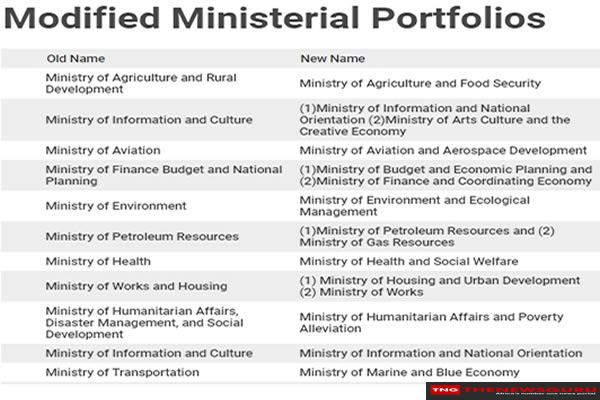
Also, given the imperative to combat misinformation and promote government policies, the selection of Mohammed Idris, a Fellow of the Nigeria Institute of Public Relations (NIPR) with a multifaceted media background and an extensive track record as an entrepreneur, Publisher, and CEO of Blueprint newspaper, to head the Ministry of Information has been viewed as a robust choice.
Mismatches and Absence of Petroleum Minister
While more reactions from the public appear to commend the alignment of expertise with portfolios, concerns have been raised about certain appointments.
Surprising many, the appointment of Abubakar Momoh to lead the Ministry of Youths has raised eyebrows due to expectations for a younger candidate.
Momoh who is believed to be in his early sixties is a civil engineer and a former two-term House of Representatives member and some argue that his expertise seemingly does not align with his new role.
Similarly, the sports community expressed shock over the appointment of former Senator John Enoh as Minister of Sports Development, citing his lack of sports-related experience.
Ace sports broadcaster Frank Ilaboya, questioned the decision saying: “I want to believe that the immediate past sports minister Sunday Dare has set the template, even though there were also colossal mistakes… I think the minister has a lot ahead of him”.
Meanwhile, the conspicuous absence of a Minister of Petroleum Resources in the newly assigned ministerial portfolios has ignited a wave of speculation amid calls mount for a comprehensive probe of the oil sector, especially as it remains a crucial aspect of Nigeria’s economy and citizens continue to grapple with soaring petrol prices.
During the previous administration, former President Muhammadu Buhari had held the Minister of Petroleum portfolio, while the Minister of State for Petroleum was Timipre Sylva.
However, Tinubu’s cabinet restructure sees the ministry having two ministers of state – Ekperikpe Ekpo has been designated as Minister of State for Gas Resources, while Heineken Lokpobiri assumes the role of Minister of State for Petroleum Resources.
It remains uncertain whether President Tinubu will personally head the Ministry of Petroleum Resources, similar to his predecessor’s approach.
Additionally, the Ministry of Niger Delta Affairs is also conspicuously missing from the list and with no official confirmation, it remains uncertain whether its absence indicates that the ministry has been scrapped or a potential restructuring within the government’s administrative framework.

